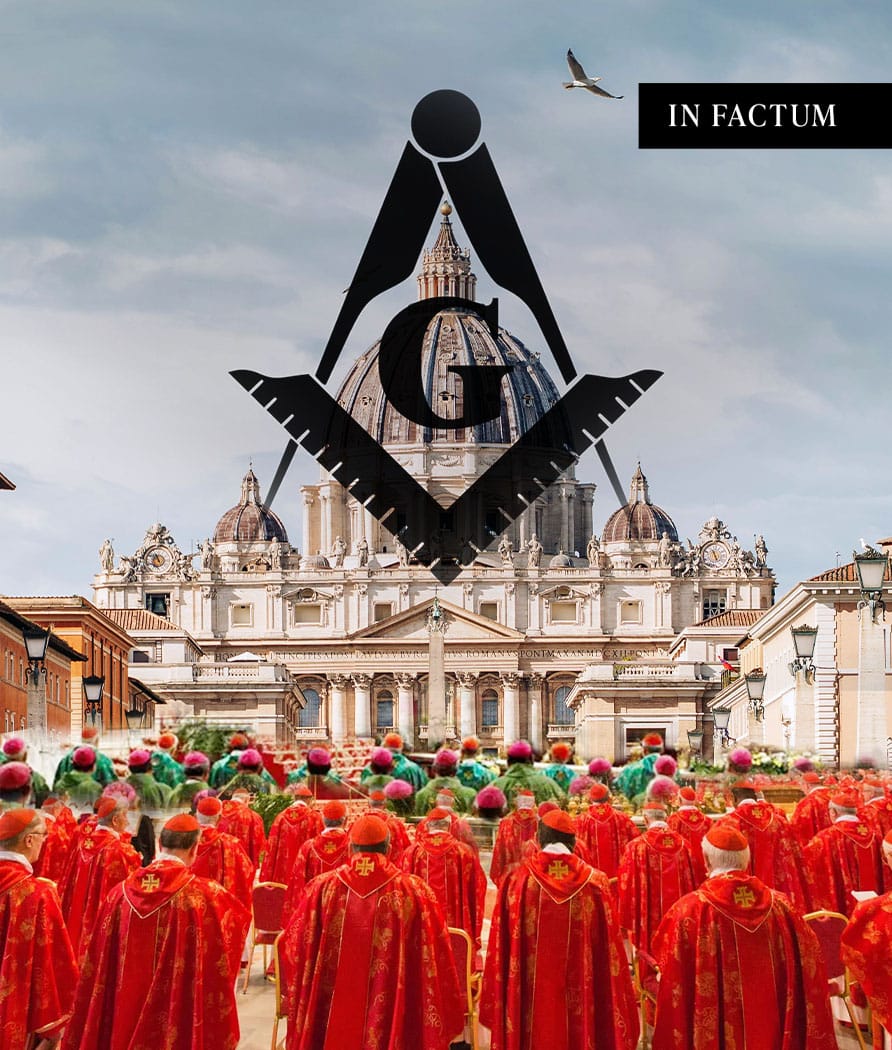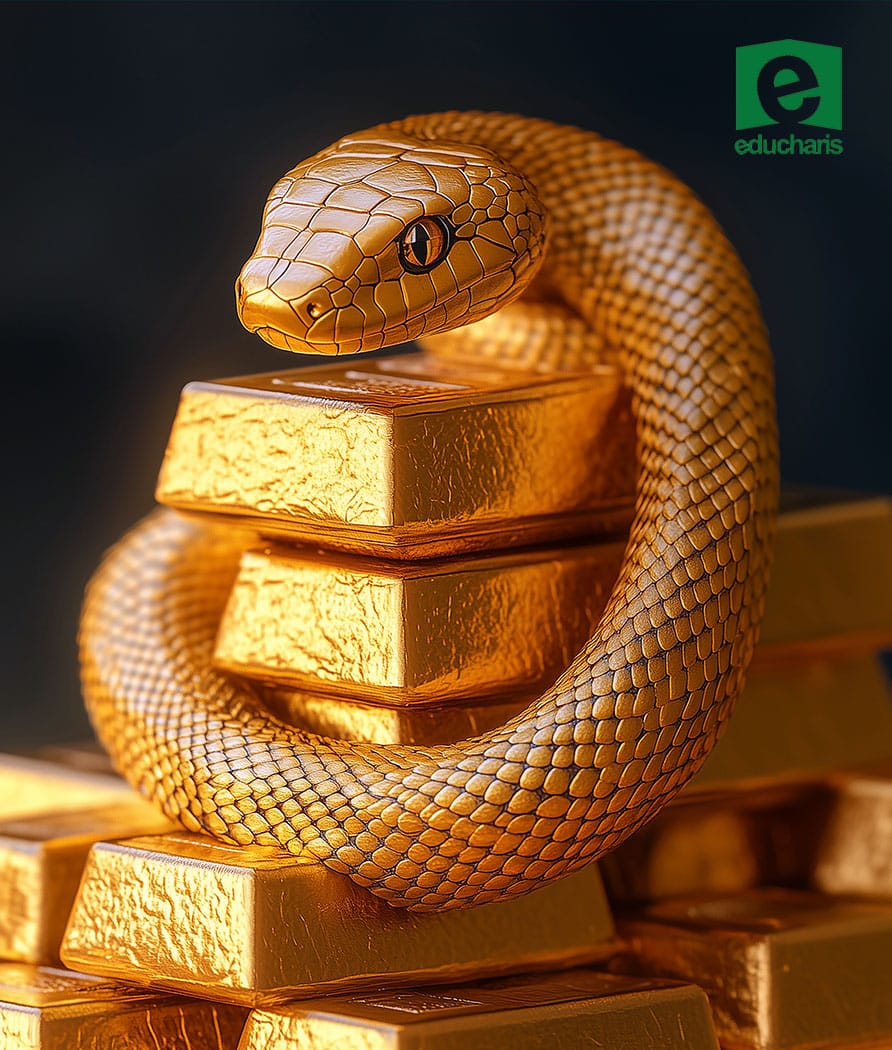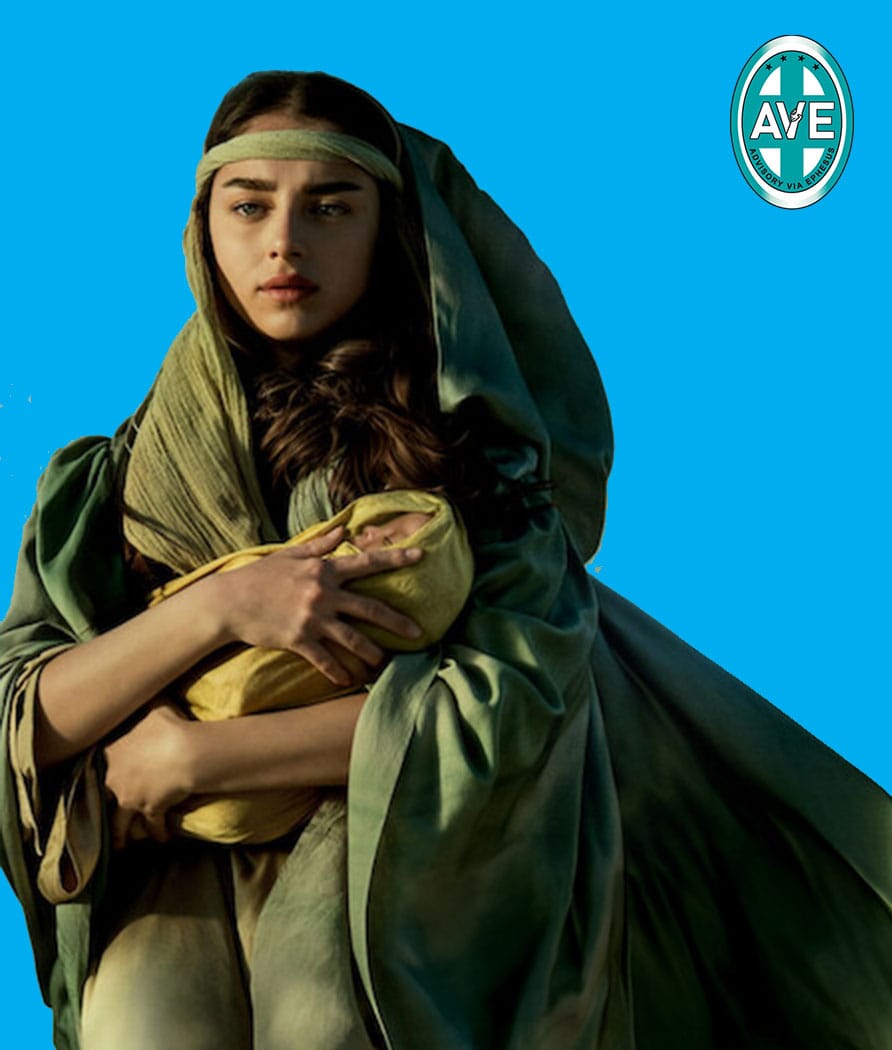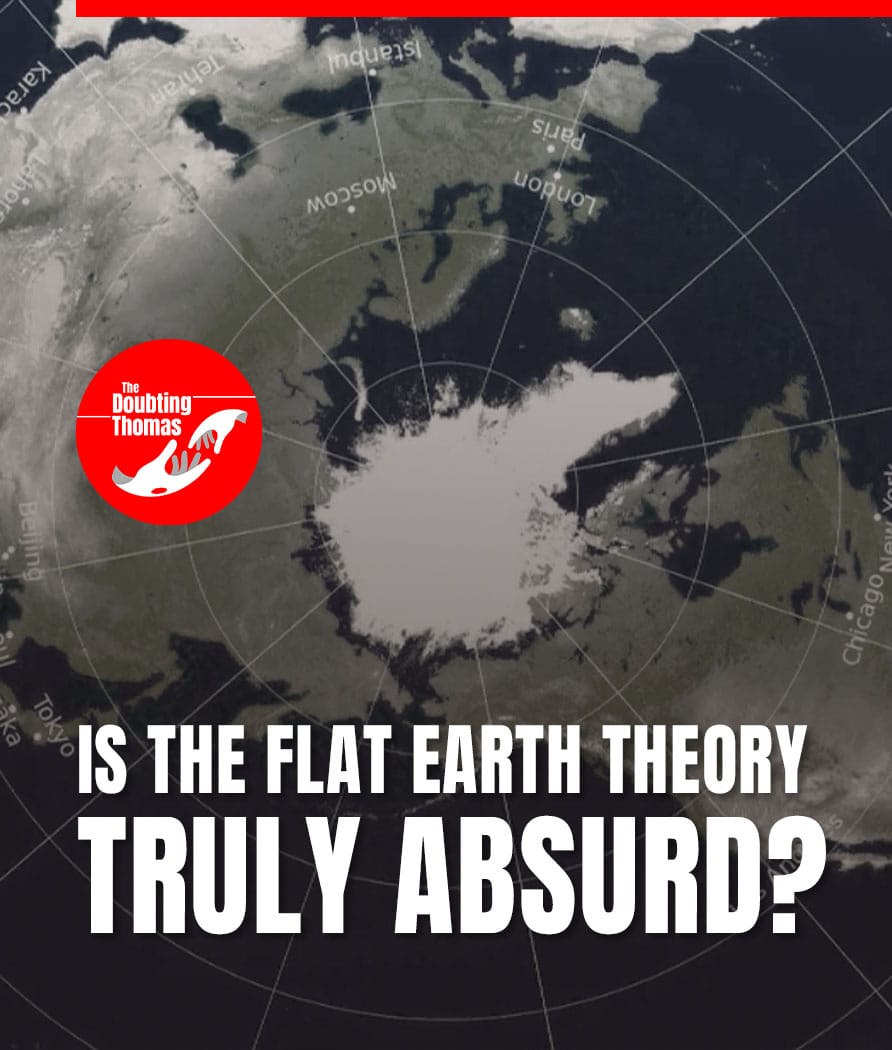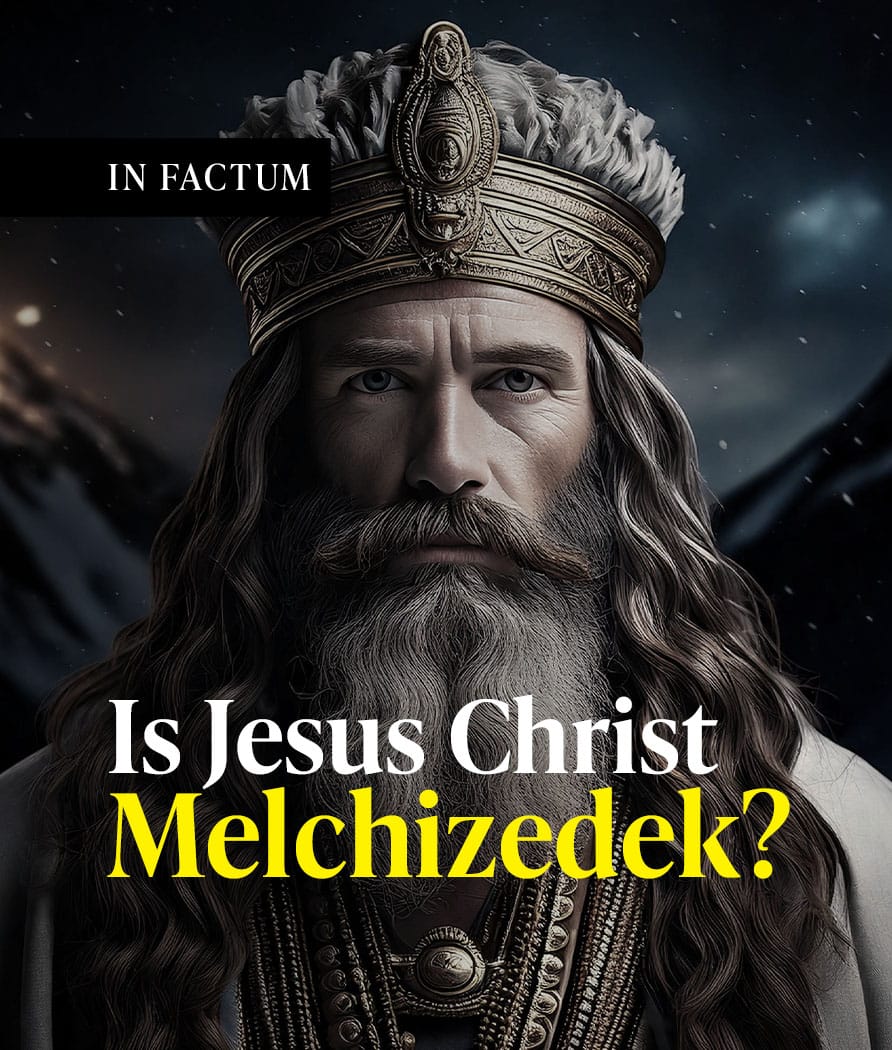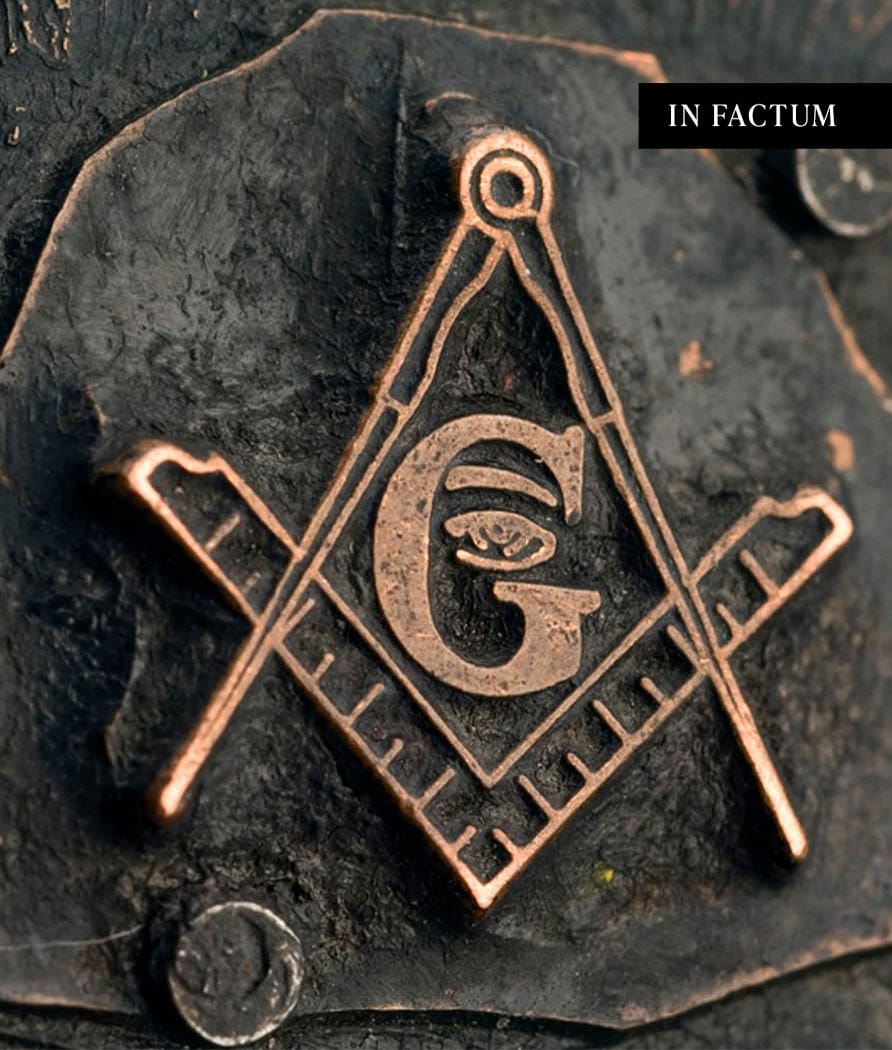
(Originally published on May 13, 2000 in Honor of the Feast of Our Lady of Fatima, updated on February 2025) Over time, many organizations have emerged in our country, spending large amounts of money on charitable works, including donations to hospitals, orphanages, homes for the elderly, scholarships, and relief efforts for those in distress. We often refer to these benefactors as philanthropists, as their mission is to share their wealth with the less fortunate.

